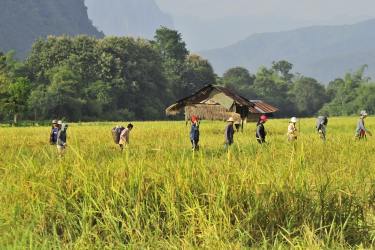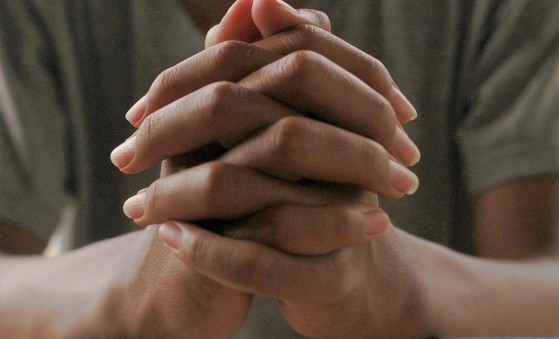
Despite laws guaranteeing freedom of religion, Christians in Laos are facing violent evictions from their homes, with some observers describing the actions as part of a wider land grab. Aid workers and Christian groups say the government is either ignoring the abuse or allowing it to continue.
Many of those forced from their homes, including children, are now hiding in forests during the peak of the monsoon season, facing heavy rain and temperatures as low as 10 degrees Celsius.
Christian aid organisations, including Barnabas Aid and Open Doors, have stepped in to provide assistance. A Bangkok-based aid worker told UCA News that the conditions were “inhumane” for children living in the jungle during the rain.
The 1991 Lao Constitution and the 2019 Law on Evangelical Freedom formally protect religious practice. However, critics say the law is often misused, particularly in rural areas, to target Christians under the pretext of preventing “division.” Minority groups, such as the Hmong, are particularly vulnerable.
Anthony Williams of Barnabas Aid said local officials often act against Christians with little accountability. Cases of discrimination include refusal to provide birth certificates or other official documentation.
While there are occasional exceptions, such as a home church in Savannakhet province being allowed to rebuild after a mob attack in February 2025, these remain rare. Reports indicate that hostility against Christians includes abuse, eviction, imprisonment, and even torture. Open Doors ranks Laos 22nd among countries with the highest persecution of Christians, noting that two in five Christians in Asia face severe persecution.
In July 2024, Pastor Thongkham Philavanh of Oudomxay province was shot and killed at his home after resuming gatherings following a four-year prison term for evangelistic work.
Laos has around eight million people, with fewer than 300,000 Christians, primarily among tribal communities such as the Hmong, Kammu, and Mien. Catholics number around 50,000, while registered evangelicals total about 200,000. Christianity remains under two percent of the population, and rural communities often view it as a Western influence.
Williams noted that as Christianity grows in Laos, persecution tends to increase. He said vague government decrees and registration requirements allow local authorities to interpret religious activity as a threat to “social order,” leaving Christians particularly vulnerable.
Christianity first arrived in Laos via Jesuit missionaries travelling from Vietnam along the Mekong Delta. The Paris-based Foreign Missions Society established the first church in Vientiane in 1878. Persecution intensified after the Pathet Lao took power in 1975, ending the colonial era.
Adapted from UCA News.




